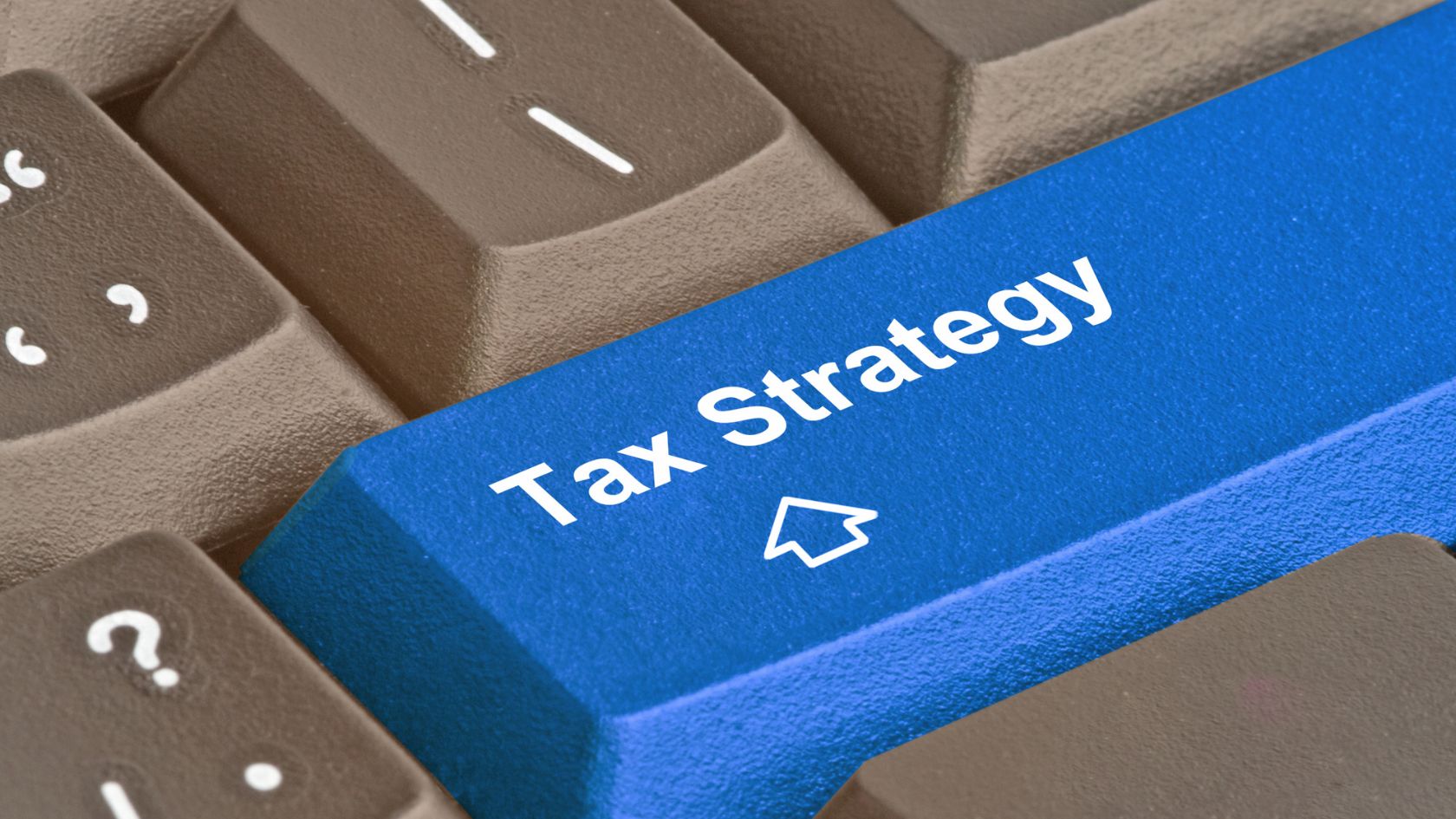You are now leaving the Strong Valley Wealth & Pension, LLC ("Strong Valley") website. By clicking on the "Schwab Alliance Access" link below you will be entering the Charles Schwab & Co., Inc. (“Schwab”) Website. Schwab is a registered broker-dealer, and is not affiliated with Strong Valley or any advisor(s) whose name(s) appears on this Website. Strong Valley is/are independently owned and operated. Schwab neither endorses nor recommends Strong Valley. Regardless of any referral or recommendation, Schwab does not endorse or recommend the investment strategy of any advisor. Schwab has agreements with Strong Valley under which Schwab provides Strong Valley with services related to your account. Schwab does not review the Strong Valley website(s), and makes no representation regarding the content of the Website(s). The information contained in the Strong Valley website should not be considered to be either a recommendation by Schwab or a solicitation of any offer to purchase or sell any securities.

This article explores tax efficient strategies and addresses questions such as: How can I legally reduce my taxes? What about investment losses? And are there any tax-free growth options? It’s about aligning personal financial goals within existing tax laws.

After finishing last year’s taxes, it’s a great time to start planning for the next year. A smart tax plan doesn’t have to be complicated—it’s about taking simple steps now to save money later. Here are five straightforward strategies that can help in building a tax plan that works:
1. Tax-Loss Harvesting
Some investors choose to sell investments that have lost value in order to balance out gains from other sales. This process, known as tax-loss harvesting, can lower the amount of taxes owed. Even though the loss isn’t recovered, it helps reduce the overall tax bill. After selling, an investment in a similar category is often purchased to keep the portfolio on track.
2. Taking Advantage of Tax-Free Long-Term Gains
For those in the right tax bracket, long-term gains can be tax-free. A financial professional can look for opportunities and advise on this strategy. If available, this option can lead to noticeable savings over time.
3. Contributing to an IRA
Contributions to a Roth or traditional IRA can be made until Tax Day in April, for the prior tax year. Experts suggest making these contributions as early as possible—even using a tax refund for the contribution can be a smart move. For those who are eligible to contribute to a Roth IRA, it has an additional benefit, since it earns income tax-free!
4. Using the Backdoor Roth
Some individuals might earn too much money to make a direct contribution to a Roth IRA. In these cases, the backdoor Roth strategy can be a clever workaround. It works by taking contributions to a traditional IRA and then periodically converting them to a Roth IRA. Only the growth between the time of the original contribution and the conversion to the Roth may be subject to tax.
5. Deferring Taxes with Smart Investment Choices
Certain financial products allow taxes on dividends, interest, and capital gains to be deferred. This means taxes aren’t payable immediately. Deferring taxes allows investment growth to compound more efficiently, adding significant benefits down the road.
To take advantage of key tax strategies, planning ahead is key. Instead of waiting until the last minute, talk with a financial adviser or tax professional now. These strategies can help to build an effective tax plan, securing a better financial future.



